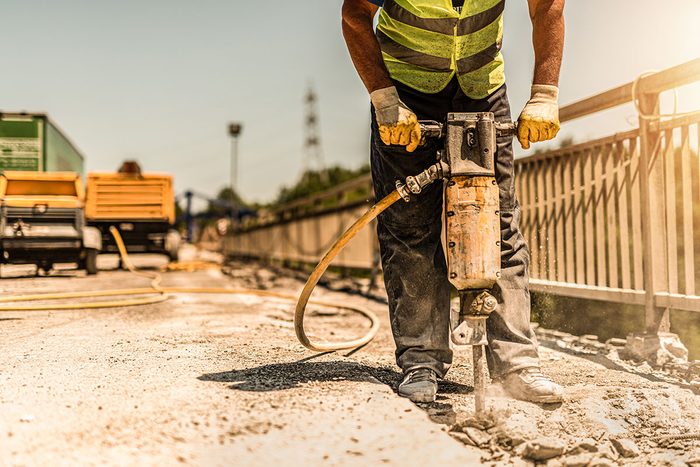Department of Labor Withdraws Proposed Independent Contractor Rule

A controversial new labor rule has been withdrawn from consideration. But what comes next?
The U.S. Department of Labor (DoL) announced last week it is withdrawing an independent contractor rule that was proposed in the final months of the Trump Administration.
The rule, which sought to simplify the process of worker classification by applying an “economic realities test” to determine a worker’s status, looked for a while like it might become official. But once President Biden took office, the DoL reversed course and announced plans to withdraw the rule from consideration.
“By withdrawing the Independent Contractor Rule, we will help preserve essential worker rights and stop the erosion of worker protections that would have occurred had the rule gone into effect,” said newly-confirmed U.S. Secretary of Labor Marty Walsh. “Legitimate business owners play an important role in our economy but, too often, workers lose important wage and related protections when employers misclassify them as independent contractors.”
According to the DoL, the proposed rule went against “relevant judicial precedent” and the spirit of the Fair Labor Standards Act (FLSA). Under the proposed rule’s more narrow definitions, some workers currently considered employees would have been reclassified as independent contractors. Those workers would have lost protections guaranteed by the FLSA, which does not apply to independent contractors.
“In addition to maintaining the scope of workers covered by FLSA wage and hour protections, the department anticipates that the independent contractor rule’s withdrawal will avoid a reduction in workers’ access to employer-provided fringe benefits such as health insurance and retirement plans,” reads the department’s official statement. “The withdrawal will also avoid a reduction in other benefits such as unemployment insurance and workers compensation coverage.”
Clarifying a worker’s status is incredibly important in industries like construction where subcontractors often work alongside full-time employees. With the ever-increasing popularity of gig economy jobs like food delivery services and ride-sharing apps, discussions around the rights of workers and the proper way to define their status are bound to continue over the next few years.
It’s not clear if the Biden Administration and the DoL plan to update or revisit the independent contractor rule. President Biden has previously voiced support for the ABC test used in California to classify worker status, citing it as an example of what a federal version of a worker classification test should look like.
“We remain committed to ensuring that employees are recognized clearly and correctly when they are, in fact, employees so that they receive the protections the Fair Labor Standards Act provides,” said Walsh.

